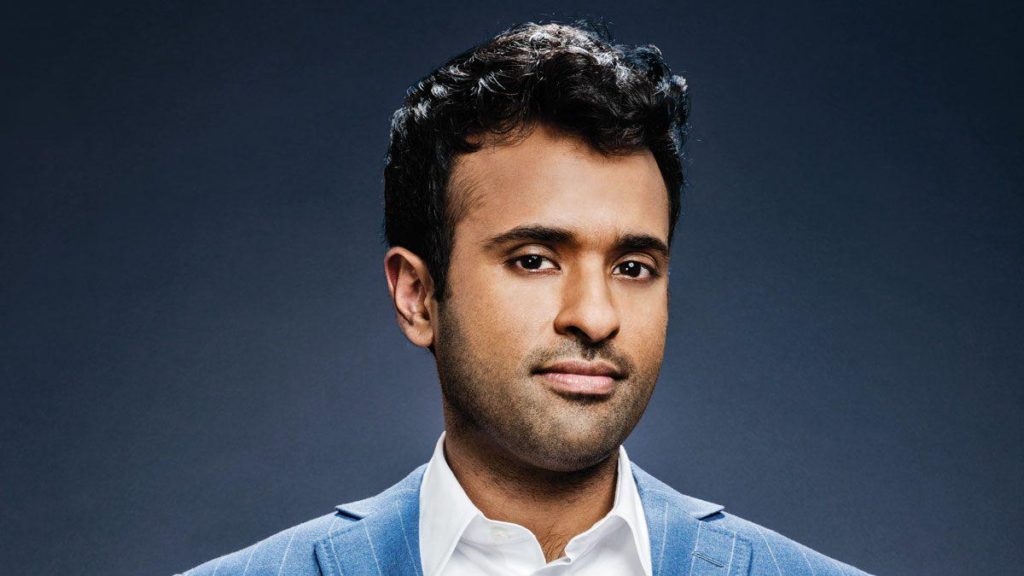Vivek Ramaswamy starts off his excellent first book “Woke, Inc.: Inside Corporate America’s Social Justice Scam” in a wishy-washy manner, vehement against woke capitalism but unsure about genuine capitalism. He takes issue with corporations using their unprecedented power to gain market share by pretending to care about social justice, but he also sees the problems with American capitalism in general, including crony capitalism and the fact that corporations like tobacco companies are allowed to intentionally sell products that are simultaneously addictive and deadly for profit.

It seems like Ramaswamy is unsure how he really feels about capitalism but that’s because I don’t think he’s properly defined it. To be fair, not many have.

It seems that Ramaswamy associates capitalism simply with business and all the good and bad that come with that. But capitalism isn’t business. Capitalism is an economic system in which ownership and control of the means of production is held primarily by the individual. This means that the individual gets to reap the rewards for his efforts but he must also bear the risk—he “owns” it.
As Ramaswamy astutely points out later in the book, the American corporate system allows the individual to profit from a business venture without fully taking on the risk. Investors in a limited liability company get all the benefits if that company does well, but if that company does some great harm, the individual is protected. A smoker who got cancer can sue the cigarette company but not the individual investor.
In this way, the individual does not completely own the means of production in the American corporate system, which privatizes gains and socializes losses. Whatever you want to call the American corporate system—even before its awokening—it’s not pure capitalism.
In its purest form, capitalism is an absolute good. It is the economic system that most effectively distributes wealth from those who have to those who need and it not only crushes unjust social systems like India’s caste system, it has lifted more people out of poverty than all the charities that have ever existed. Capitalism is the economic system that best achieves the goals that the woke purportedly want: egalitarian justice.
Ramaswamy credits capitalism for all this and rightly surveys the real danger to capitalism and the American way of life that woke capitalism poses through the neo-fascist government-corporate alliance. All of that is spot on.
He also notes that woke CEOs and corporate boards are basically apologizing for participating in capitalism (to whatever extent that they are participating in capitalism) when they engage in activism as a company. They’re saying that just producing a good coffee at a decent price for people to enjoy isn’t good enough. We need to virtue signal that we have a trans-paraplegic wildebeest for a CEO. Ramaswamy says it’s disingenuous and unnecessary but he doesn’t defend the miraculous benefits of a true capitalist system, he just pitches it as more of a necessary evil.
On the contrary, capitalism is a good in and of itself. A quality coffee at a decent price benefits society, period. It doesn’t matter what intersectional olympian is running the company.
In the end, as a solution to woke capitalism, Ramaswamy calls for universal mandatory public service then cites Democratic presidential candidate Pete Buttigieg’s military “service” as an example. Besides taking away the voluntary aspect of charitable service through a mandatory service program, even a non-military service program would do nothing to combat the evils of woke capitalism. The best service a young kid can do is to start a business that provides something to someone in need. You don’t combat bastardized capitalism with more socialism. You combat it with pure capitalism. That’s a program that would save the world.